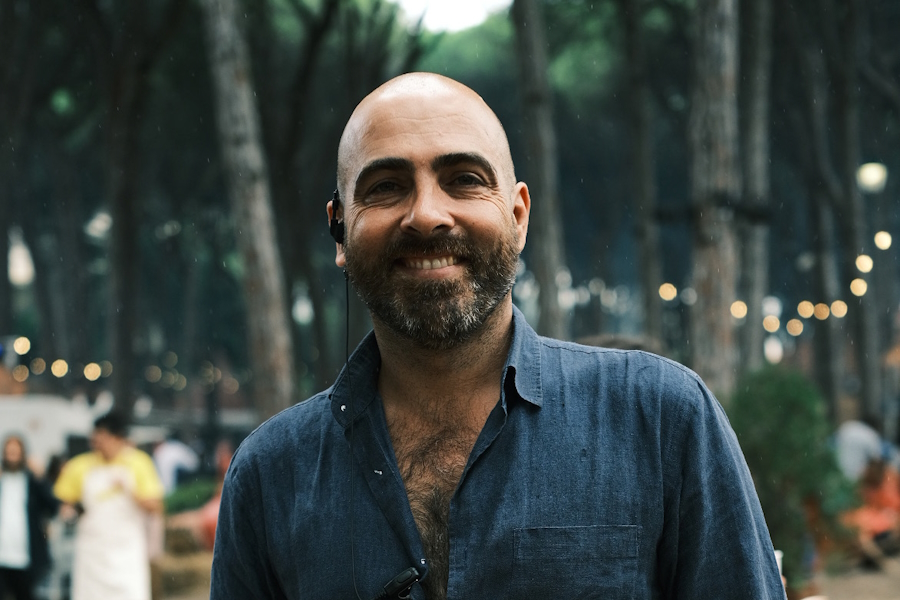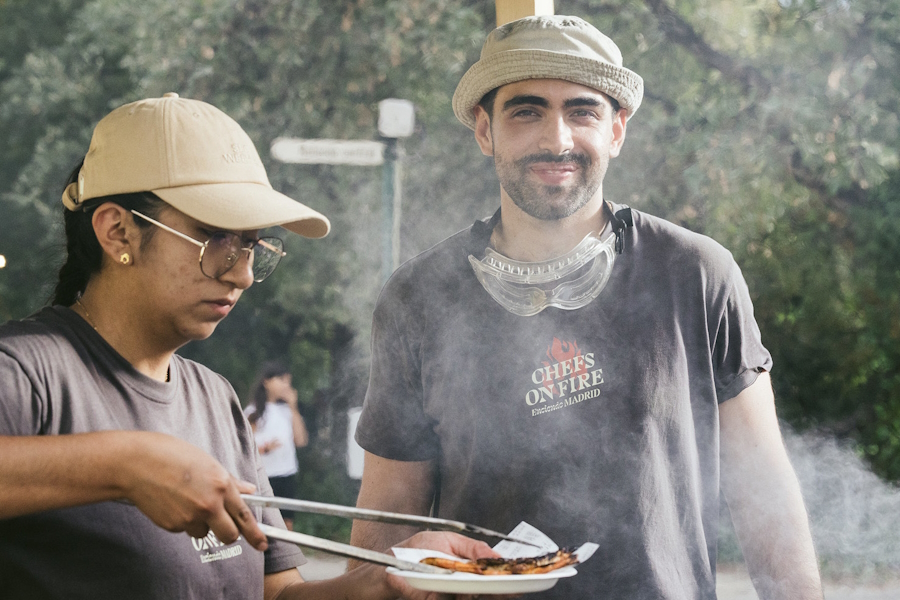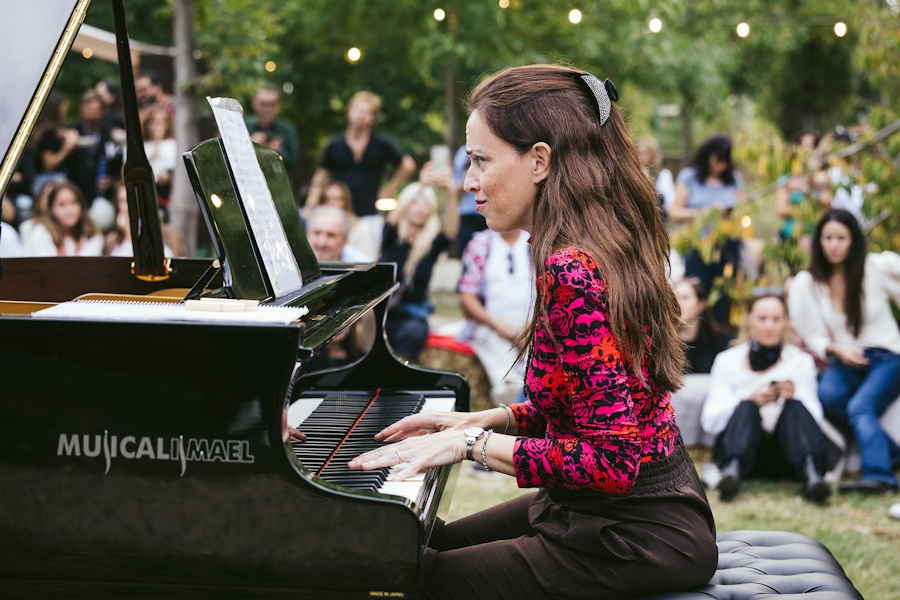“The fact that we have so little has shaped our ability to do a lot”
27/05/2025
# tags: Events , Meetings Industry
The internationalization of events is beginning to take firm steps in Portugal.
Brazil was the obvious destination for some initiatives, but with Chefs on Fire taking place in Madrid, Spain, the path seems to be one of no return. We spoke to Gonçalo Castel-Branco, the event’s producer.
Chefs on Fire is based on an innovative concept that invites the best national and international chefs to cook exclusively with fire, smoke and wood, to the sound of emerging bands and artists, celebrating different forms of talent. The event’s debut was in Cascais, where it has been held for six editions. After a pop-up edition in the Maldives, the event was held in Spain for the first time this year.
“We sold in the first year what we had in our third year plan; the feedback from audiences, chefs and stakeholders has been phenomenal (many calling the festival the best ever in Spain); and the learning has been enormous. We can’t wait to start producing the second edition,” says Gonçalo Castel-Branco, executive producer of Chefs On Fire and head of Lohad.
Holding an event outside Portugal naturally brings challenges. But is it so different to organise an event in neighbouring Spain? “Very different. Not only is the production culture dramatically different, but the costs are 100 to 200% higher for a similar quality of delivery. The market is bigger, more vibrant and more competitive, and that’s good, but this experience has confirmed what I’ve long said about Portugal and the Portuguese: the fact that we have so little has shaped our ability to do a lot,” says Gonçalo Castel-Branco.
In this return to their origins and to cooking over hot coals, the event’s organiser says they used a “mixed team” of suppliers. On the one hand, “our Portuguese team and our heritage” were at work, with “more than six trucks traveling directly from Cascais to Madrid”; on the other hand, the organization also used “local suppliers, particularly in key positions”.
"Our goal is for it to be the best festival in the world by 2030”
In Portugal, Chefs on Fire has already been to several cities, from north to south. A decentralization that, according to Gonçalo Castel-Branco, is set to continue. “We’re going to continue to use the pop-up model to reach new audiences, showcase new talents and highlight the enormous gastronomic wealth of our country. But we’re going to stick to just three a year (despite having more than ten requests annually), so that we can focus on improving Cascais and international events more and more.”
As far as out-of-doors events are concerned, after the Maldives, Madrid made its debut at the beginning of October. A choice that wasn’t made for nothing. He explains that the team “analyzes multiple countries based not only on the size and interest of the gastronomic market, but also on the laws that impact us logistically (for example, the use of fire), as well as on specific opportunities (a city that has expressed interest in hosting the project, or a local player with experience with whom we are comfortable), in order to prioritize the countries that interest us the most.”
“Fundamentally, what we want is not only to deliver a product with the quality of the original in Cascais, but also to continue to create versions with local relevance,” stresses the event’s organizer.
Internationalization is a commitment that Gonçalo Castel-Branco has no doubt will continue. “Chefs on Fire is currently the best gastronomic festival in Europe, but our goal is that by 2030 it will be the best festival in the world,” he says.




